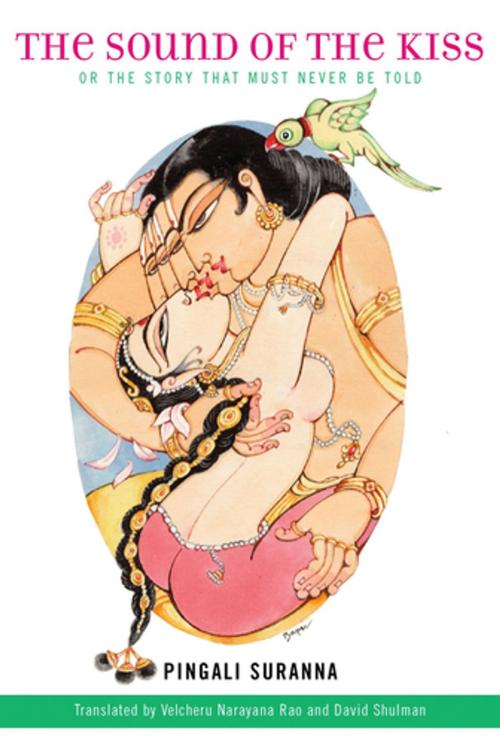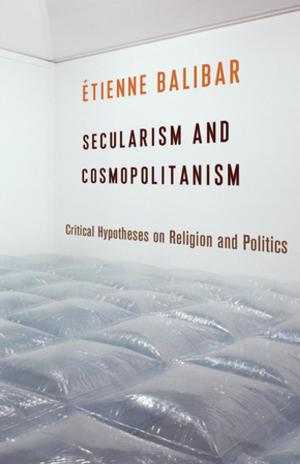The Sound of the Kiss, or The Story That Must Never Be Told
Fiction & Literature, Literary Theory & Criticism, Asian, South & Southeast Asian, Nonfiction, History, India, Literary| Author: | Pingali Suranna | ISBN: | 9780231500968 |
| Publisher: | Columbia University Press | Publication: | November 21, 2002 |
| Imprint: | Columbia University Press | Language: | English |
| Author: | Pingali Suranna |
| ISBN: | 9780231500968 |
| Publisher: | Columbia University Press |
| Publication: | November 21, 2002 |
| Imprint: | Columbia University Press |
| Language: | English |
Composed in the mid-sixteenth century, The Sound of the Kiss, or The Story That Must Never Be Told, could be considered the first novel written in South Asia. Telugu, the language spoken in today's Andhra Pradesh region of southern India, has a classical literary tradition extending over a thousand years. Suranna's masterpiece comes from a period of intense creativity in Telugu, when great poets produced strikingly modern innovations. The novel explodes preconceived ideas about early South Indian literature: for example, that the characters lack interiority, that the language is formulaic, and that Telugu texts are mere translations of earlier Sanskrit works. Employing the poetic style known as campu, which mixes verse and prose, Pingali Suranna's work transcends our notions of traditional narrative. "I wanted to have the structure of a complex narrative no one had ever known," he said of his great novel, "with rich evocations of erotic love, and also descriptions of gods and temples that would be a joy to listen to."
The Sound of the Kiss is both a gripping love story and a profound meditation on mind and language. Shulman and Rao include a thorough introduction that provides a broader understanding of, and appreciation for, the complexities and subtleties of this text.
Composed in the mid-sixteenth century, The Sound of the Kiss, or The Story That Must Never Be Told, could be considered the first novel written in South Asia. Telugu, the language spoken in today's Andhra Pradesh region of southern India, has a classical literary tradition extending over a thousand years. Suranna's masterpiece comes from a period of intense creativity in Telugu, when great poets produced strikingly modern innovations. The novel explodes preconceived ideas about early South Indian literature: for example, that the characters lack interiority, that the language is formulaic, and that Telugu texts are mere translations of earlier Sanskrit works. Employing the poetic style known as campu, which mixes verse and prose, Pingali Suranna's work transcends our notions of traditional narrative. "I wanted to have the structure of a complex narrative no one had ever known," he said of his great novel, "with rich evocations of erotic love, and also descriptions of gods and temples that would be a joy to listen to."
The Sound of the Kiss is both a gripping love story and a profound meditation on mind and language. Shulman and Rao include a thorough introduction that provides a broader understanding of, and appreciation for, the complexities and subtleties of this text.















